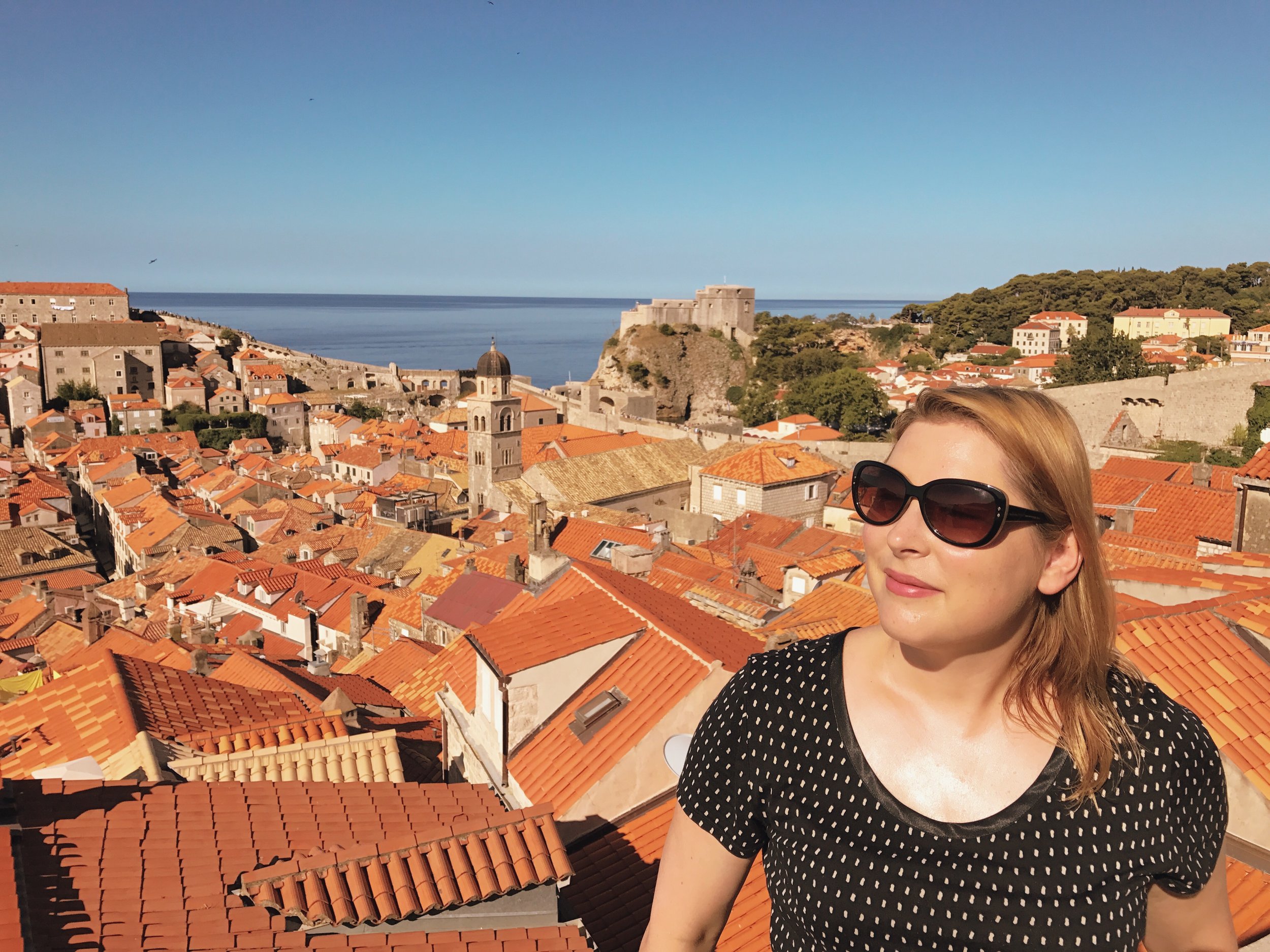Surprising Positives Born Out of Romania's Complicated Past
With its low cost of living, growing economy, and charming landscape and villages, Romania has become a desirable location for expats. Yet, many people outside of Europe know nothing about this country, and those inside Europe, at least in the U.K., have a very low opinion of this former communist state.
In a survey by the Observer, Brits ranked Romania as the country they'd least want to live in. “Brits believe that Romanians come to Britain to steal our jobs and get their teeth fixed on the NHS,” Carole Cadwalladr writes in The Guardian. “There’s the basic confusion in Britain over who Romanians actually are. Most people in Britain don’t understand the difference between Roma people – Gypsies – and Romanians – citizens of Romania. The two are endlessly conflated and confused not least because many Roma are Romanians – the country is home to the biggest population in Europe.”
Communist block. Due to Dictator Ceausescu's overzealous development, Bucharest's architecture is a real mishmash. "You’ll find an ugly Communist block next to a beautiful art deco villa that survived," says journalist Debbie Stowe.
So who are the Romanians? Well, they’re Southeastern Europeans who’ve been occupied by several empires: Roman, Ottoman, Austro-Hungarian, and, most recently, the Soviet Union. For more than 40 years, they suffered under Communist rule. Their leader Nicolae Ceauşescu destroyed a third of their old city, including all of the Jewish quarter, and tore down many churches. Worse, his overzealous building projects led to severe food shortages. He stifled the press. He jailed opposition. He banned birth control and made population growth a civic duty, fining childless people. Many children ended up in horrific orphanages. He ran a police state.
Eventually, the people revolted against Ceauşescu and he and his wife were executed on Christmas Day in 1989. While some people today romanticize the Communist days when ‘everyone had a job,’ the consensus is that it was a pretty shit time. Fast forward to 2007: Romania is part of the EU and, despite historical corruption, has one of the fastest growing economies in Europe. What’s fueling this growth? Interestingly, yesterday’s communism helped fuel today’s capitalism in Romania.
The Communists didn’t want people to educate people to be critical thinkers who’d challenge authority, so they focused education on science and math, which is why you see a lot of Romanian software developers. They’re also very good at learning languages. “They're very good at IT, and the IT sector has been an engine of the economy,” says Debbie Stowe, a British journalist living in Romania since 2002. “When I got there, it was still very much a post-communist country, and there was a lot of deprivation. European integration has given it a massive overhaul.”
Under communism, Romania moved from an agrarian to an industrial society and it was mandatory for women to have jobs. Their daughters saw them in STEM roles and, today, more girls study IT or a related field in Romania than any other European country, and women hold 1/3 of the tech jobs.
With 21.5 million people, Romania is more populated than Slovenia, perhaps the most successful post-communist state in the region, and it’s more stable than Ukraine. The average monthly salary in Romania almost $500, low compared to Western Europe, but salaries are rising. “A lot of money in Romania traditionally has been undeclared,” Debbie says, “so the average salary is not necessarily reflective of the reality. Although now with EU integration, things are becoming more white money than black money.”
And while Romania is not as cheap as it was 10 years ago, an expat could live well on $1000 a month, enjoying the restaurants and cultural offerings of Bucharest. You’re likely to make friends, too. In the InterNations 2017 Expat Insider Survey, expats ranked Romania among the top countries for finding friends, as well as personal happiness.
Interested in visiting Romania? Check out the Ultimate Romania Guide and listen to the Postcard Academy podcast's Romania episode (Apple podcasts | Stitcher | Google Play).
If you found this article useful, please share it, and subscribe to the Postcard Academy podcast. Each week, expats and adventurers share their insider travel tips on the best food, nightlife, and cultural experiences in the most interesting places around the globe. I’m your host, Sarah Mikutel, an American who's spent the last 7 years living in, and traveling around, Europe.


